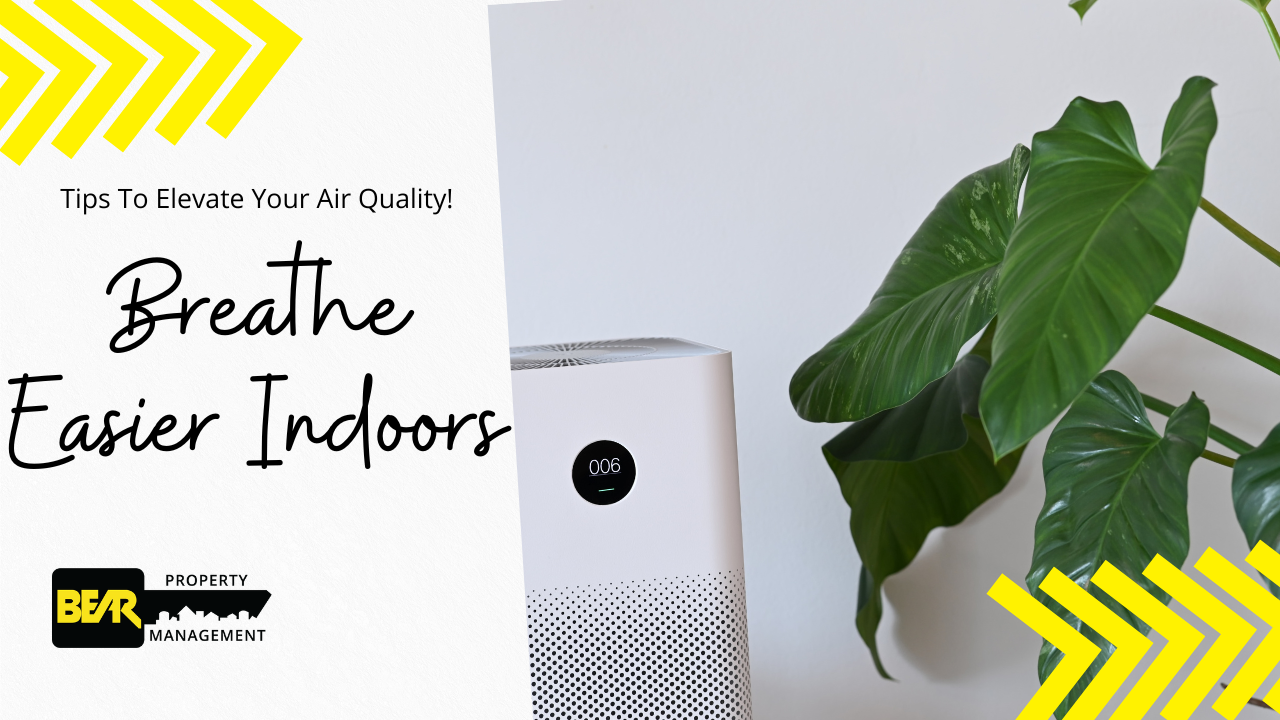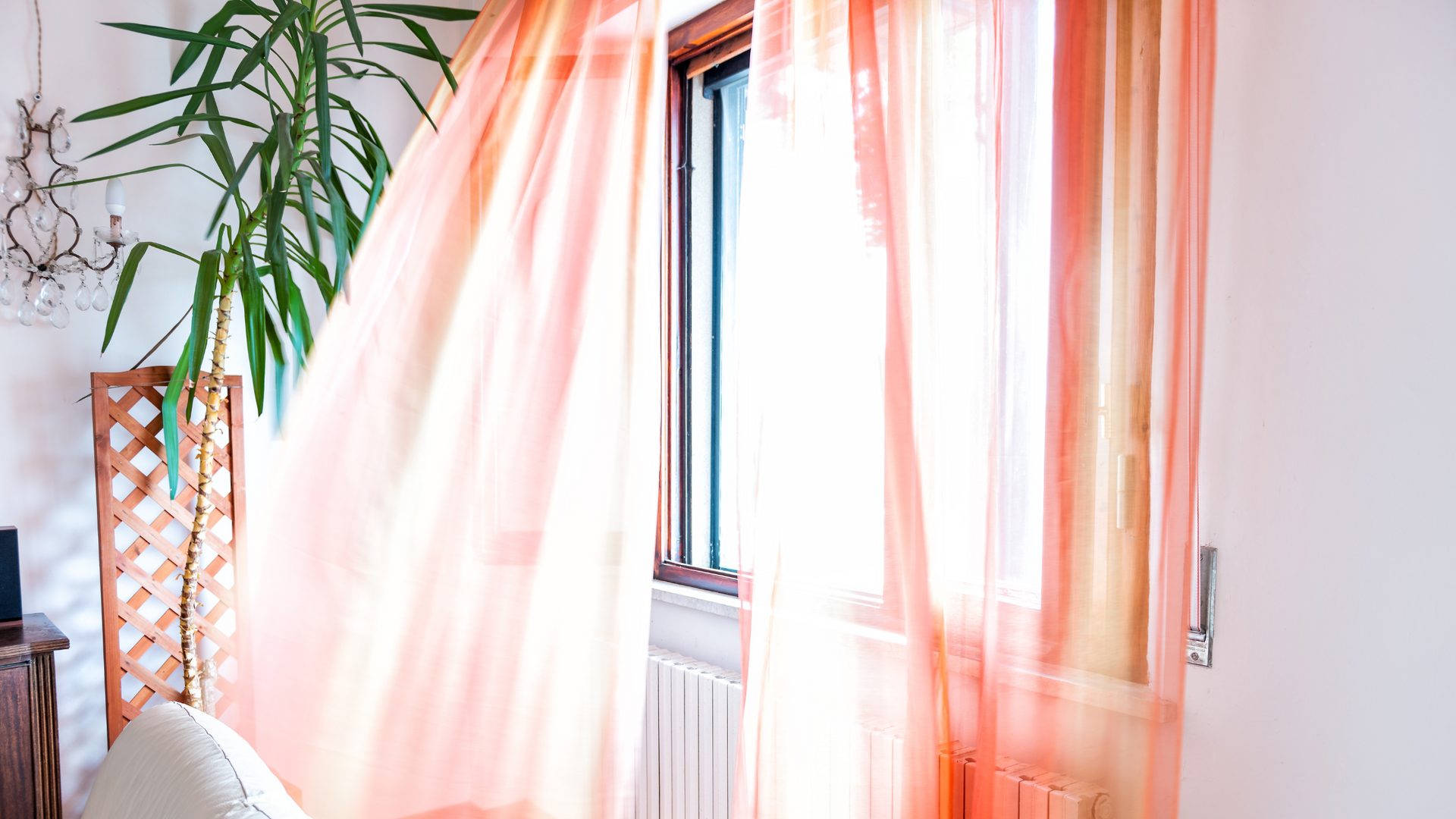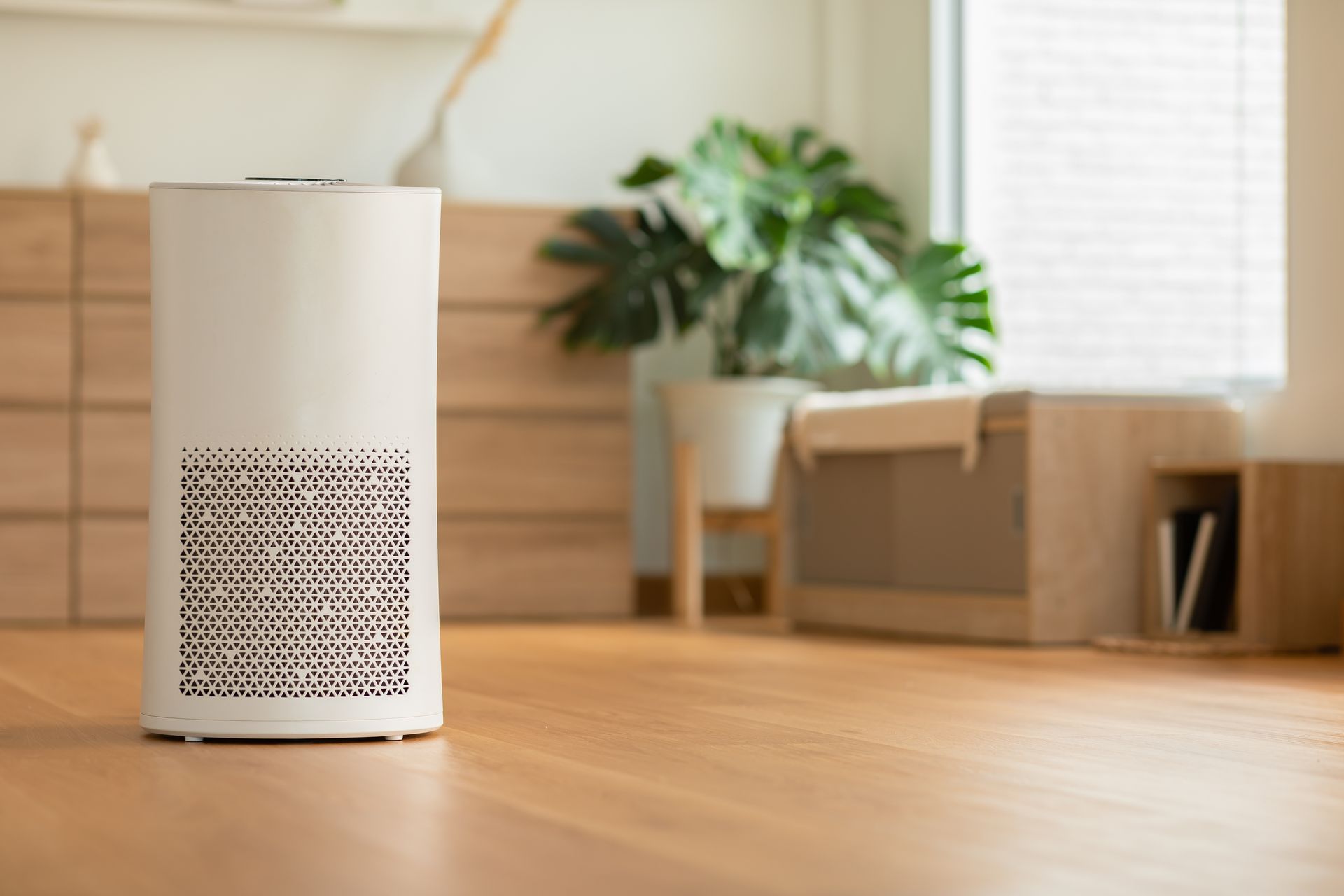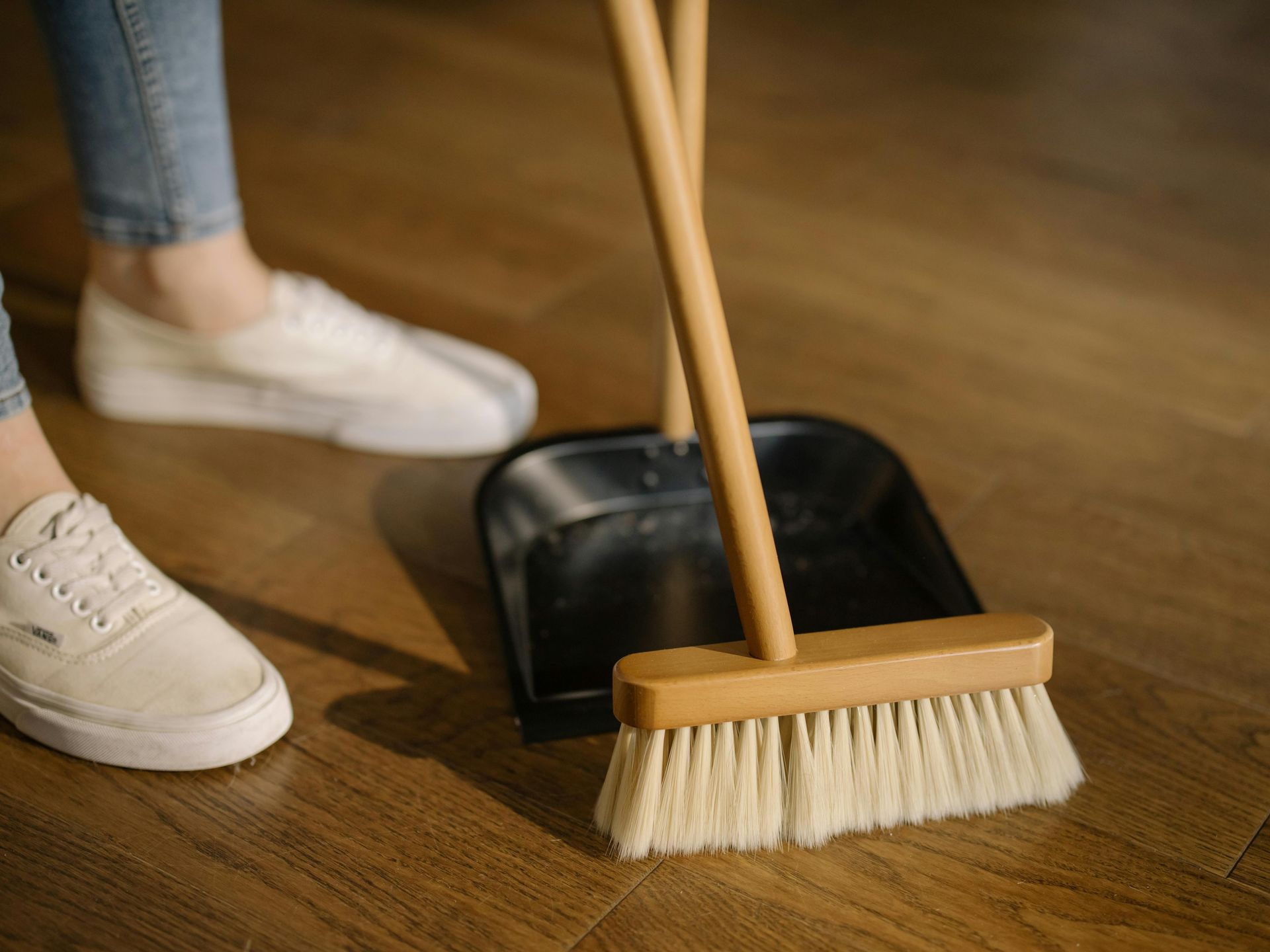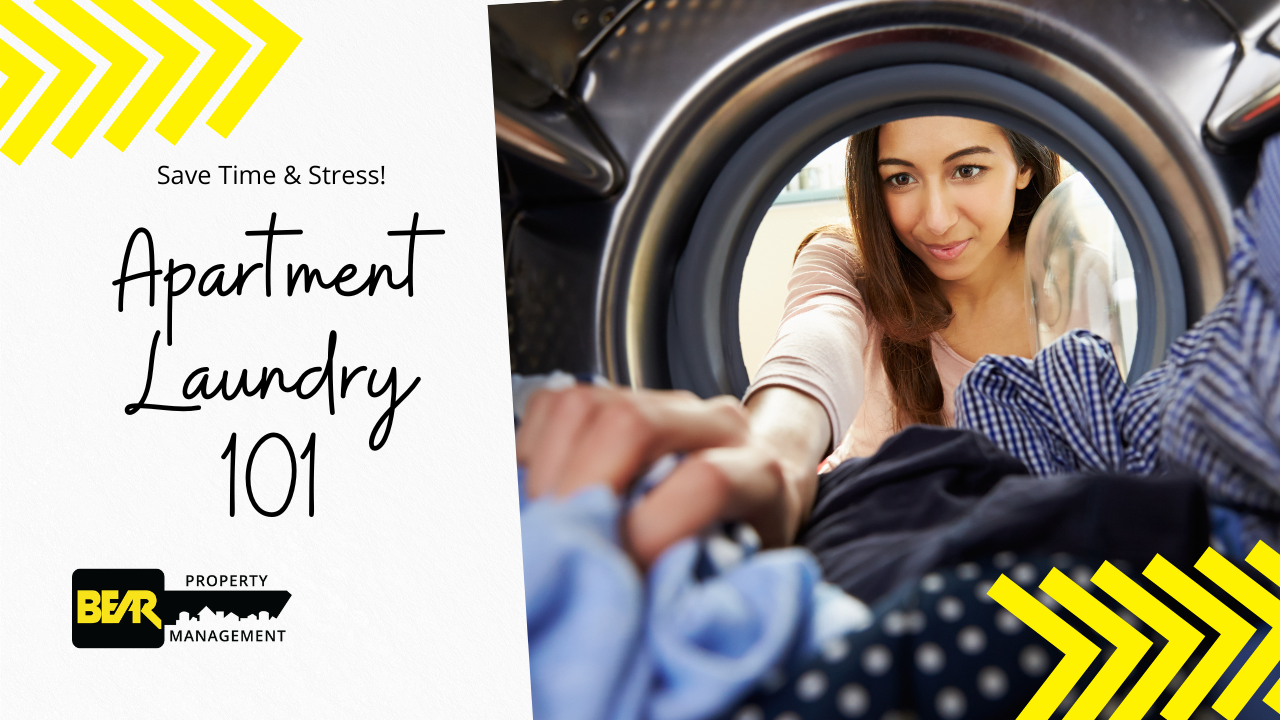Here are some quick changes you can make today to noticeably improve your indoor air quality.
Indoor air quality often falls off the radar until you start experiencing issues like sneezing, congestion, or just feeling sluggish at home. You might find yourself wondering if a dirty room can make you sick, or if there’s something else in your house that could be causing you to feel unwell.
The truth is, conditions like stagnant air in a room or poor apartment ventilation can impact your comfort, health, and overall well-being. Fortunately, improving your indoor environment doesn’t have to be complicated. By learning how to improve air quality in an apartment, you can create a fresher, healthier living space.
Below, we’ll explore some straightforward strategies, from maintenance tips to lifestyle changes, that can help you turn your apartment into a place where breathing easy is the norm. Keep reading on for practical, reassuring steps to ensure cleaner, healthier indoor air.
Understanding Indoor Air Quality
When considering how to improve room air circulation, remember that fresh air is key, as is filtering out contaminants. Before making drastic changes, assess what might be causing any unwanted smells or discomfort. A quick evaluation can help you decide which strategies will have the most impact on your home’s air quality.
Simple Housekeeping Habits
By maintaining a tidy, clutter-free environment, you minimize dust buildup. Also, switch to fragrance-free or eco-friendly cleaners that reduce chemical exposure. If you’ve asked, “Can a dirty room make you sick?” the answer is
yes—it can contribute to irritants that make you feel unwell. Staying on top of basic cleaning reduces potential triggers and ensures you don’t feel trapped in a stuffy, stale atmosphere.
Take the Next Step—Check Out Our Properties With On-Site Support
Upgrading Your Ventilation
One of the best ways to improve air quality in your apartment is to enhance ventilation. If your current ventilation options are limited, consider investing in
a portable air purifier or a high-quality fan to keep air flowing. Good ventilation controls moisture, prevents mold growth, and disperses pollutants.
Pay close attention to
kitchen and bathroom exhaust fans. They help remove odors, humidity, and airborne particles. Proper apartment ventilation also plays a role in controlling humidity levels. Excess humidity can encourage mold growth, which might cause you to become sick or develop symptoms. By ensuring moisture is well-managed, you reduce that risk significantly.
Investing in Air Purification & Filtration
Lifestyle Adjustments for Better Air
When Should you Seek Assistance?
If you’ve tried various tactics and still feel unwell, wondering if there's something else in your home that could be making you sick, it might be time to
call in the professionals. Persistent odors, visible mold, or chronic respiratory symptoms
deserve a closer look - especially if yours, or a loved one's health is at risk.
In well-managed apartment communities, on-site maintenance technicians can be invaluable resources. They can inspect vents, seal leaks, and ensure HVAC systems are working properly.
At
our properties, we take pride in providing homes designed with better indoor air flow in mind. Should issues arise, tenants can simply submit a maintenance request through our online portal, ensuring swift attention to any air quality concerns. Maintaining a healthy living space is a partnership—your personal care combined with professional support can lead to a notably fresher indoor environment.
Breathing Easier Starts Here
Learning how to improve air quality in apartment living is about addressing the small details that add up to a healthier home. By focusing on cleanliness, ventilation, and mindful habits, you can significantly reduce the chances of feeling unwell due to your living environment. The result? A comfortable apartment where the air feels fresh, your head feels clear, and you feel confident that you’re doing your best to maintain a healthier indoor space.

